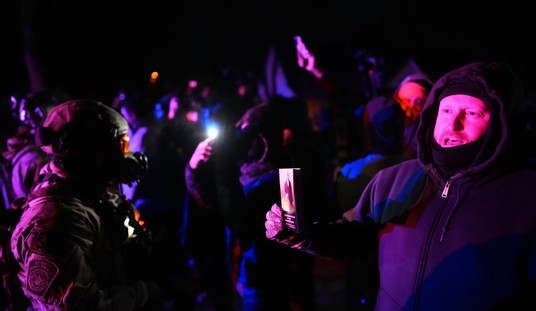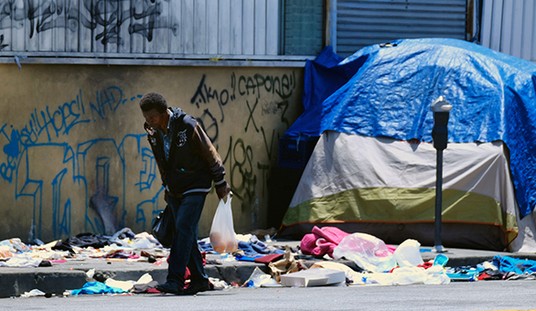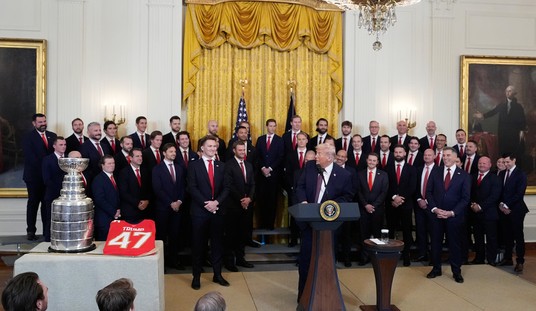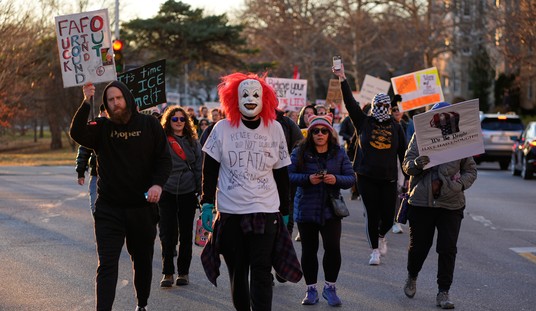In the post-Ferguson world, protests from and coverage of the #BlackLivesMatter movement has been nonstop. But Black Lives Matter, ever eager to promote their cause, purposefully leaves out one type of individual: the unborn in their community.
It would seem that black lives matter to their own, but only those on this side of the womb. Renee Bracey Sherman, a reproductive activist (aka pro-abort), recently shared her disgust at Ebony. But this was disgust aimed at “recent attacks on a woman’s right to abort” in the black community. A “right” which leads to the death of one of the two lives involved is not a freedom to praise, but Sherman does so with fear and false assumption.
Research shows Black women make up one-third of American women who have abortions, although only 13 percent of the U.S. female population. Black women are disproportionately more likely to have an abortion, a fact the Guttmacher Institute attributes to the lack of consistent access to quality contraception and health care.
What is true? African-American women have the highest number of abortions, as found here, in the journal from the American College of Obstetricians and Gynecologists. What is false? The Guttmacher Institute “attributes” the higher abortion rate among black women to lack of care/quality contraception. This is the same institute which is named after a former president of Planned Parenthood, so their attribution game is, shall we say, somewhat biased. Contraception is widely available and many, many forms are inexpensive. This is common knowledge. As far as health care, the claim that black women (or even women in general) lack access is categorically false. According to the Alliance Defending Freedom, “there are 20 comprehensive care clinics for every Planned Parenthood” to the tune of 13,450 to 665. Lack of access to care, Sherman says? I say there is abundance of care at places which don’t also vacuum out an unborn child from the womb.
Sherman went on to quote La’Tasha Mayes, a director at New Voices for Reproductive Justice.
Of slogans such as “Black Lives Matter, Beginning in the Womb,” Mayes says, “It is absolutely shameful that during a transformative movement to liberate Black people in this country, those who oppose the human rights of Black women to control our own bodies seek to co-opt [protest language, such as] #BlackLivesMatter while attempting to undermine the reproductive justice movement.”
It’s apparent that to #BlackLivesMatter, anything that breaks out of their specific definition of black worth is not good. We’ve known this for a while, though. The dislike of “All Lives Matter” says enough about that narrow worldview. To the BLM movement, worth doesn’t automatically begin in the womb, although that is the beginning for everyone, regardless of color.
Monica Raye Simpson, director at a reproductive justice organization in Atlanta:
“If they truly cared for Black lives, they would be present for all issues that impact Black people,” says Simpson. “They would invest their money and time building relationships with grassroots communities instead of exploiting and shaming people for their human right to self-determine.”
Exclaiming that abortion for black women is the “right to self-determine” is an attempt to justify the lazy morals of the present. The pro-life cause seeks to promote the rights of and compassion for all involved in a pregnancy. Reproductive rights in the black community, as evidenced by abortion statistics, promotes only sugarcoated modern-day slavery.
When we assign positive or negative worth to individuals based on factors beyond their control, like race, location (such as the womb), or ability to function, this is where we end up. While we know that the worth of the unborn black individual is equal to the black individual marching in the streets, the movement itself refuses to accept that. This movement stopping traffic and disrupting political speeches will never be able to have a full discussion about respect until it starts respecting its own.














Join the conversation as a VIP Member